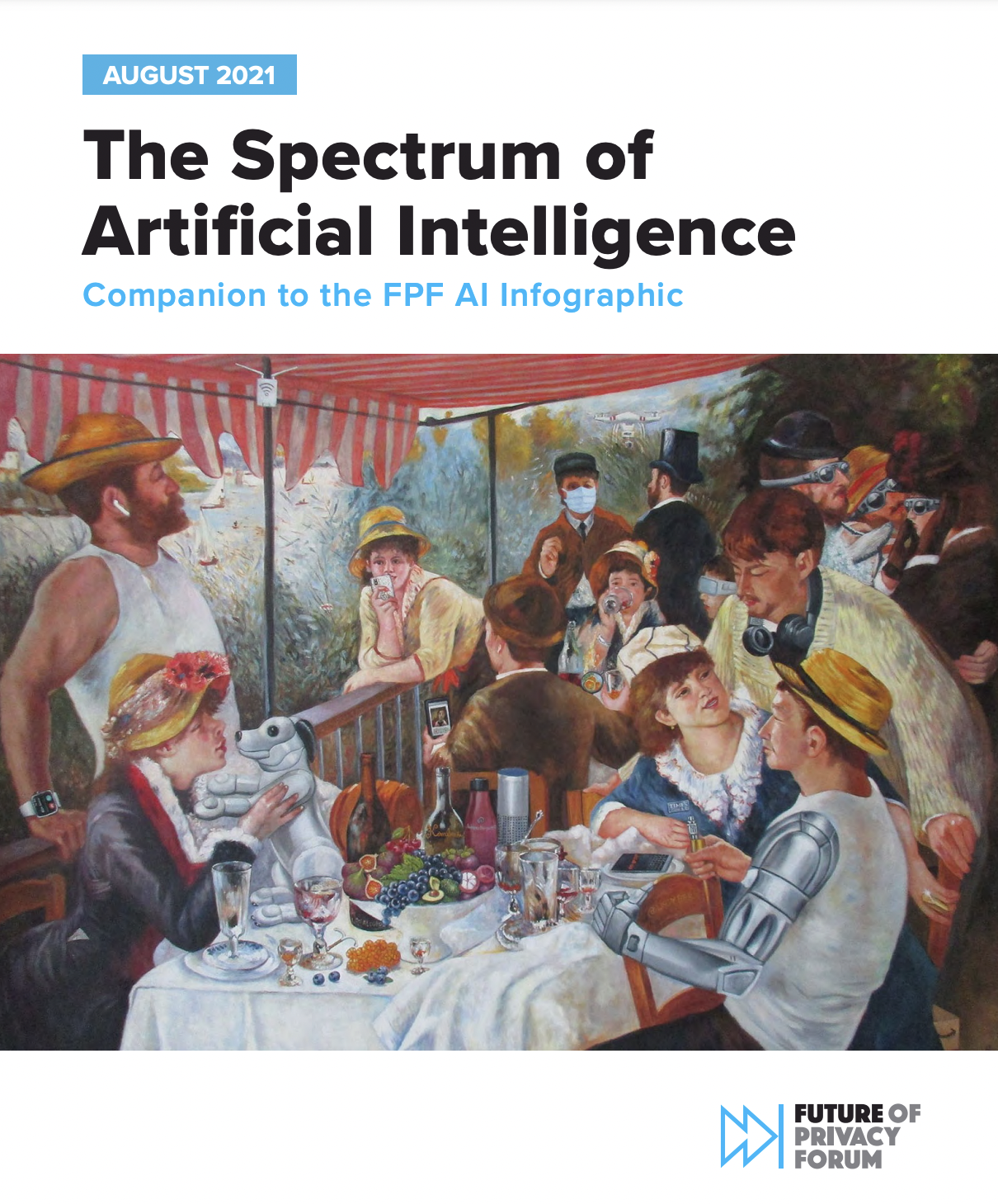Showing results for mbines coexist secret promo code bangladesh

Understanding why the first pieces fell in the transatlantic transfers domino
[…] a common approach of DPAs on this issue: “it is essential that European regulators have a common interpretation of the rules”, since data protection law “intends to promote the internal market”. In the end, the DPAs are applying findings from a judgment made by the CJEU, which has ultimate authority in the interpretation of […]

5 Tips for Protecting Your Privacy Online
[…] and then shared or sold to another. While data collection can offer benefits to both you and businesses – like connecting with friends, getting directions, or sales promotions – it can also be used in ways that are intrusive – unless you take control. There are many ways you can protect your personal data […]

Overcoming Hurdles to Effective Data Sharing for Researchers
[…] data. We also discussed evaluating research projects in light of public interest expectations. There was widespread agreement that data sharing is vital for various reasons, such as promoting the next generation of scientific breakthroughs and holding companies publicly accountable. On the other hand, there was disagreement on ensuring that data is available for research […]

Event Report from DigitalxADB: Driving Digital Development across Asia and the Pacific
[…] the Asia Pacific region. While initially there was not a lot of interest in APPA’s work, there definitely is now: British Columbia, which is home to APPA’s Secretariat and does approximately $14 billion worth of export trade with Pacific Rim countries, has come to recognize the importance of data protection to digital trade, and […]

Five Things Lawyers Need to Know About AI
[…] difficult task. Alas, parties deploying—and thereby profiting from—AI can nonetheless be held liable for issues relating to a lack of transparency. Governance frameworks should include steps to promote transparency, whether preemptively or as required by industry- or jurisdiction-specific regulations. For example, the Equal Credit Opportunity Act (ECOA) and the Fair Credit Reporting Act (FCRA) […]

Event Report: From “Consent-Centric” Frameworks to Responsible Data Practices and Privacy Accountability in Asia Pacific
[…] and unnecessary compliance costs due to contradictory requirements in Asia Pacific. Modern data protection laws should shift the onus of data protection from users to organizations, by promoting an accountability-based approach to data protection over a “consent-centric” one. Different avenues may be used to rebalance consent and privacy accountability in APAC, including through concepts […]

UPDATE: China’s Car Privacy and Security Regulation is Effective on October 1, 2021
[…] and 14 replace Articles 17 and 18 in the draft regulation. Article 15 states that anyone participating in the exit safety assessment must not disclose the trade secrets or other confidential information learned during the assessment or use any information for purposes other than the assessment. Article 16 appears to be an affirmation that […]

China’s New Comprehensive Data Protection Law: Context, Stated Objectives, Key Provisions
[…] Chinese law. This chapter is emblematic of the diversity of the objectives pursued by the text as described earlier. In these provisions, the legislator seeks both to promote responsible data transfers that respect the rights and interests of Chinese citizens, on the model of other provisions relating to transfers in “traditional” data protection laws, […]

The Spectrum of AI: Companion to the FPF AI Infographic
[…] economic, and professional opportunities. If regulation is to be effective, it should focus on both technical details and the underlying values and rights that must be protected from adverse uses of AI, to ensure that AI is ultimately used to promote human dignity and welfare. A .pdf version of the printed paper is available here.

Now, On the Internet, EVERYONE Knows You’re a Dog
[…] to unauthorized individuals. Security best practices require that authentication be accomplished via a multi-factor system, requiring two of the three options: something you know (password or pin code, security question), something you have (a smart card, specific mobile device, or USB token), or something you are (a biometric). Once an ID holder is authenticated, […]
